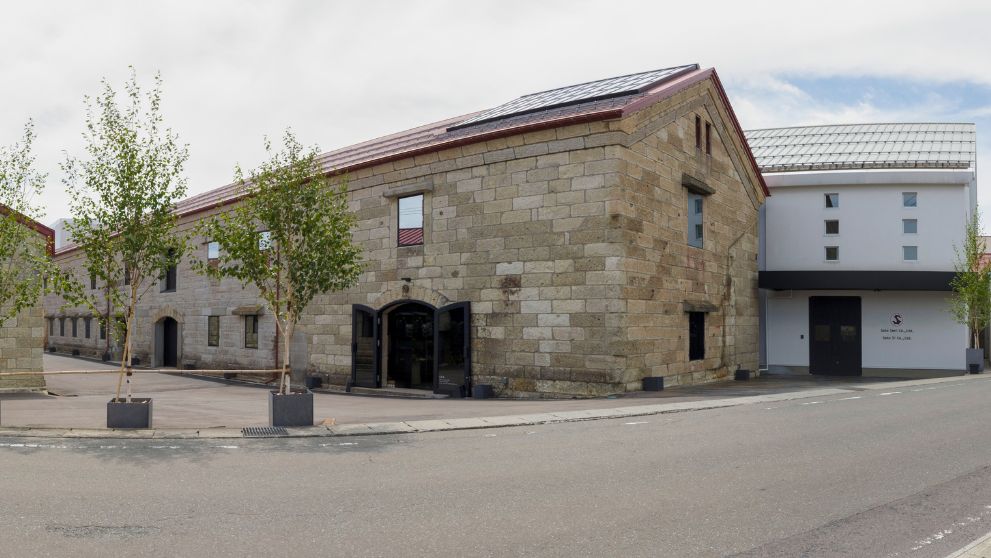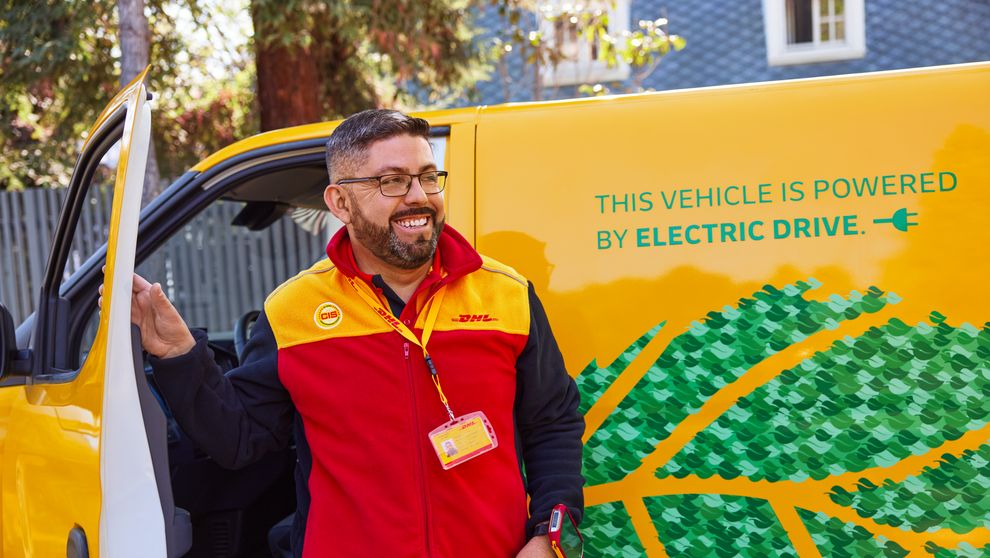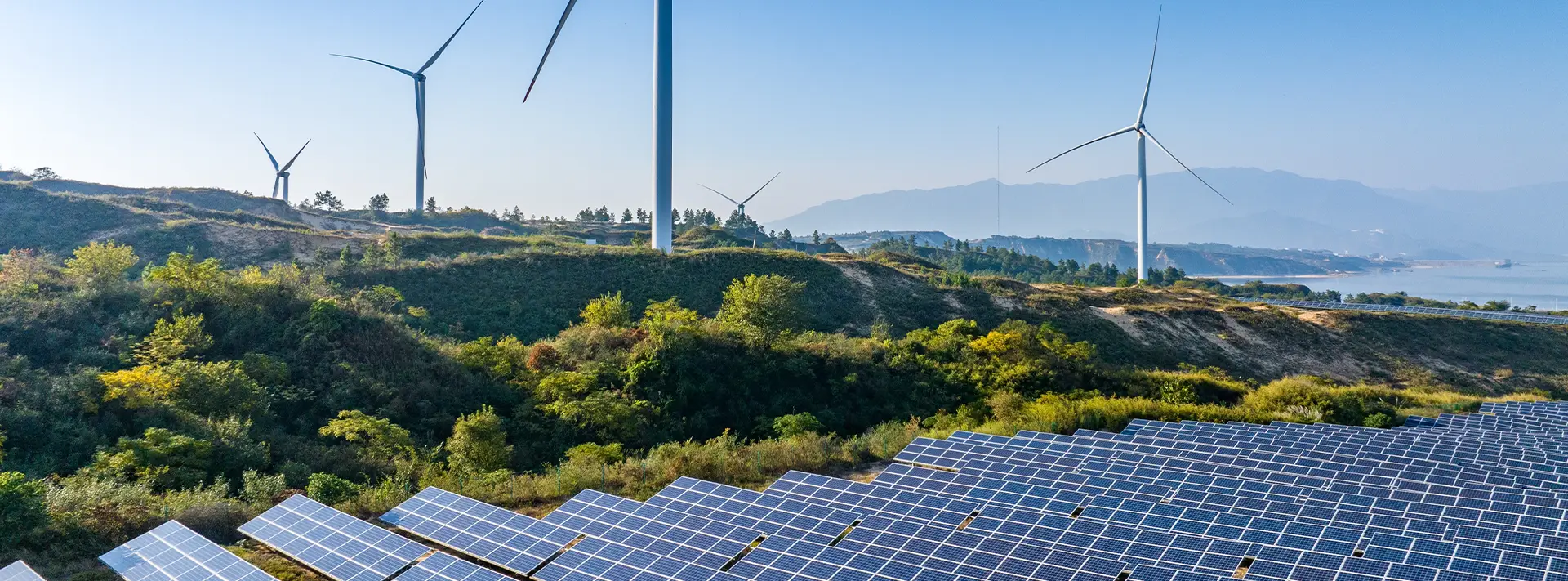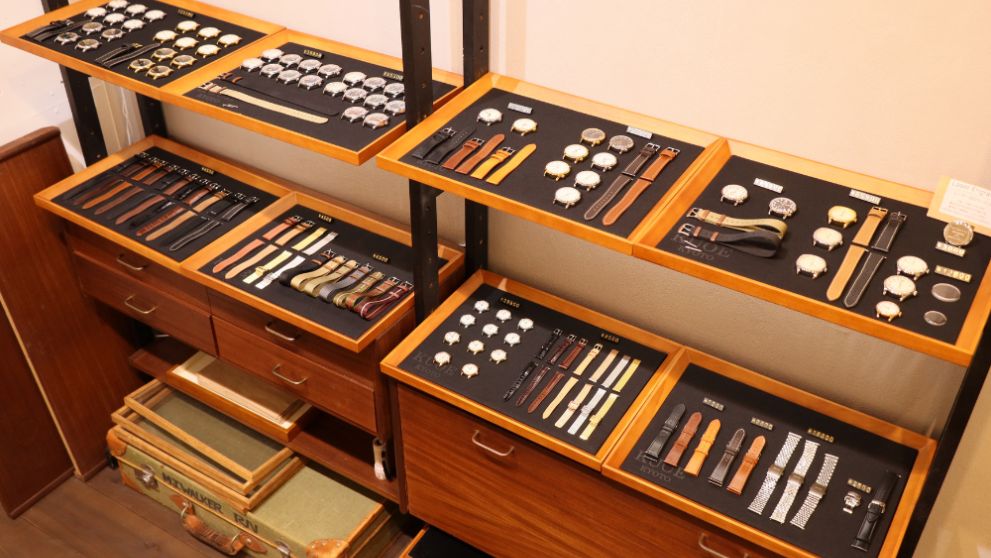GoGreen Plus, an innovative logistics solution offered by DHL Express, leverages Sustainable Aviation Fuel (SAF) derived from waste oils, such as used cooking oil, to effectively reduce carbon emissions in transport. This groundbreaking service has gained attention across various industries and has been embraced by companies seeking sustainable practices.
In our third interview featuring early adopters of GoGreen Plus, we had the pleasure of speaking with Mr. Kenneth Igarashi, Manager of the corporate strategy at Sato Seni. Based in picturesque Sagae city in Yamagata prefecture, Sato Seni is a prominent textile manufacturer known for its harmonious blend of nature and innovation. Mr. Igarashi, whose diverse portfolio encompasses management strategy to sales, shared his insights into the company’s approach to sustainability.
A distinctive business established in Yamagata
DHL: Your company has a rich history. Could you tell us about its beginnings?
Mr. Kenneth Igarashi, Director of Collection(Yarn/Textile Design) & General Manager/Corporate Strategy Division (henceforth Mr. Igarashi): Yes, this year marks our 92nd year in the textile manufacturing business, primarily focused on spinning yarn. We started by raising sheep in Sagae, Yamagata. Farmers would raise the sheep, and we would collect the wool from them to produce our yarn. This arrangement was mutually beneficial as the sheep would consume excess straw on the farms.
Apart from textile manufacturing, your company has diversified into various related businesses, hasn’t it?
Mr. Igarashi: Yes, thanks to our high-quality yarns, we have established partnerships with prestigious European brands. Additionally, since 2001, we have launched our own knitwear brand using our yarns, which is available in almost all prefectures. In Sagae, we operate retail businesses not only in fashion but also lifestyle. Our select store, which was renovated from an old stone warehouse factory, offers a wide range of merchandise, including apparel. It also houses restaurants that attract both locals and tourists.
The textile business is competitive not only in Japan but also globally. What are Sato Seni’s unique strengths?
Mr. Igarashi: Indeed, in Japan, there are large textile companies with strong financial backing, while overseas, particularly in China, companies mass-produce textiles at low costs due to abundant labor. In this landscape, we differentiate ourselves by producing small-batch, high-value-added products using unique technology and expertise. Instead of simply manufacturing yarns based on the requests of apparel manufacturers, we set ourselves apart by creating our own distinctive yarns that only we can produce. Interestingly, we still utilize some vintage machinery, some of which have been in use since the 1960s. These machines can produce yarns with a unique texture that modern software-controlled machines cannot replicate. The simplicity of these older machines allows us to easily customize by replacing parts and produce high-value yarns in small quantities, making it difficult for other companies to imitate .
Valuing our surroundings: water, soil and air
What kind of environmental concerns do you have?
Mr. Igarashi: We acknowledge that the fashion industry we are a part of makes a significant impact on the environment. Many fashion brands resort to mass production in order to reduce costs, resulting in unsold inventory and substantial waste. It had become a vicious cycle and as such, the fashion industry was one of the first to spotlight the idea of sustainability. In this environment, our awareness and priorities also evolved early on.
How do you implement sustainable practices in your business?
Mr. Igarashi: Our company leverages our natural mountainous surroundings to source pure water for processes such as dyeing yarn and other factory operations. This water is then purified and reused.
Additionally, there are various theories, but it is believed that the wool we produce, being made up of proteins, has a lower environmental impact compared to other fibers. We create undyed wool with sheep’s wool, capitalizing on its unique natural colors. Wool is biodegradable and when returned to the soil, nourishes the grass, which in turn feeds the sheep. This creates a sustainable cycle. While issues like marine microplastics have gained significant attention, our business in Yamagata has always been mindful of not polluting the soil.
It seems that sustainability has been a focus for your company for a long time.
Mr. Igarashi: The commitment to doing sustainable business did seem to be ingrained in our company from the start. Perhaps this was influenced by the nature of Yamagata prefecture and the Japanese culture of "not being a bother to others". Our town, Sagae, is exceptionally clean with minimal waste. I believe this spirit of consideration serves as a good foundation for doing sustainable business and is closely connected to our commitment to avoid polluting our surroundings.
Fashion demands both Speed and Sustainability
What were the key factors that led you to choose GoGreen Plus?
Mr. Igarashi: As I mentioned, sustainability has been a growing priority in the fashion industry. European brands, in particular, are targeting environmentally conscious consumers and using sustainably sourced materials. This presents challenges for companies like ours that export from distant locations such as Japan. Furthermore, speed is crucial in the fashion industry, making air transportation necessary to meet the demands of timely shipping. Therefore, we decided to utilize DHL's GoGreen Plus service, which reduces carbon emissions during air transportation.
Who made the decision to implement GoGreen Plus?
Mr. Igarashi: I made the decision myself, with the full backing of our company CEO.
What benefits do you expect to gain from using GoGreen Plus?
Mr. Igarashi: No matter how innovative our yarns are, they may not be adopted if they are perceived as not being environmentally friendly. Therefore, it is vital that we actively promote the fact that our products are produced and transported with the highest quality and sustainability in mind. We believe that DHL's GoGreen Plus, which provides us with an emission reduction certificate, is an excellent way to showcase this aspect at large-scale trade and business events.
Would you recommend DHL's GoGreen Plus to other companies?
Mr. Igarashi: Environmental awareness in Europe and the U.S. is more advanced compared to Japan, so I believe companies selling to Western markets, especially to Europe, should consider it. We are now in an era where simply offering good products is not enough. It is essential to strongly emphasize that your products are of high quality and are transported with low environmental impact.
As our product value and transportation demands have grown, so have our business needs grown with DHL Express. With the introduction of GoGreen Plus, we plan to increase our utilization of DHL’s services moving forward.
From a DHL Sales Representative
Sato Seni relies on DHL Express for exporting textiles to renowned, high-end overseas brands. As the company's innovative and top-quality wool products have gained recognition abroad, they have increasingly relied on DHL Express for their shipping needs.
DHL’s GoGreen Plus service not only benefits DHL’s customers but has a positive ripple effect that reaches end consumers as well. It is crucial for the global community to come together and actively reduce environmental emissions. Companies from all industries, not just fashion, should be advocating and adopting sustainable transport.
DHL Japan Inc.
Central & East Japan, Field Sales Executive
Hideya Kobayashi
Customer Profile
Company name: Sato Seni Co.,Ltd
Establishment: 1932
Business description: Sato Seni is a Yamagata-based company that specializes in spinning and knitting. They produce a wide range of high-quality textiles, including mohair yarns used by top European brands and focus on delivering unique and original creations.
Website URL: https://satoseni.com/










